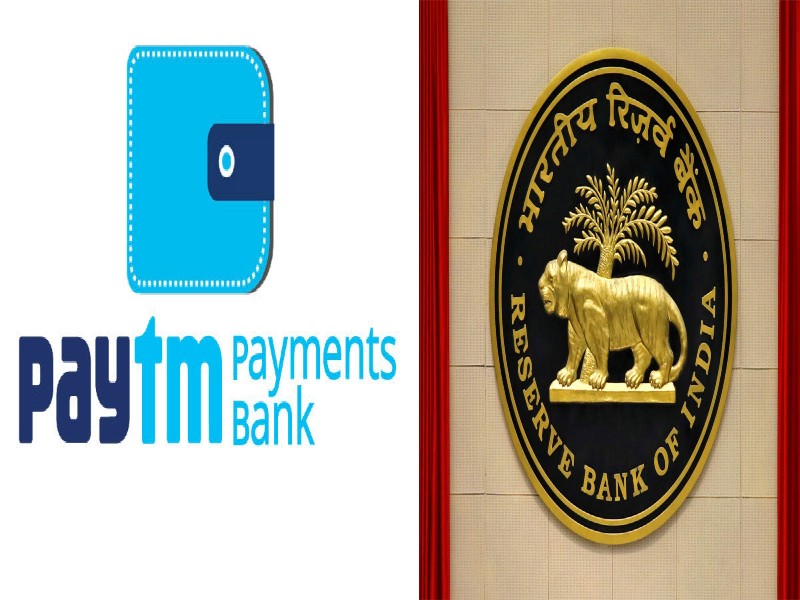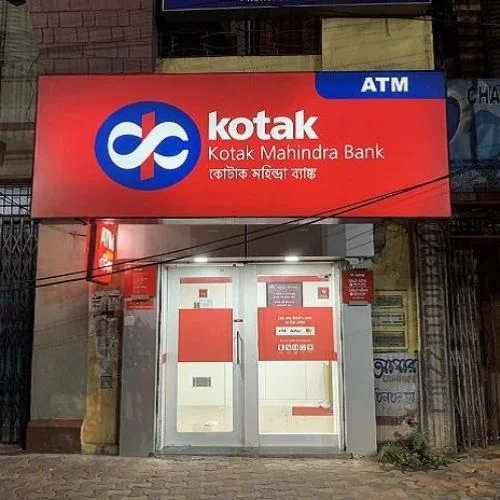The bank has also been directed to appoint an IT audit firm to conduct a comprehensive System Audit of its IT system, the RBI said in a release.
With immediate effect, the Reserve Bank of India (RBI) has barred Paytm Payments Bank from accepting new clients.

The RBI asked the bank to employ an IT audit company to perform a complete system audit of its IT system, according to a brief news statement on its website.
“Onboarding of new customers by Paytm Payments Bank Ltd will be subject to specific permission to be granted by RBI after reviewing report of the IT auditors. This action is based on certain material supervisory concerns observed in the bank,” the RBI said.
On May 23, 2017, Paytm Payments Bank began operations. Paytm Payments Bank, which was founded by Vijay Shekhar Sharma, is expected to apply to the RBI for a small finance bank (SFB) licence by June.
Vijay Shekhar Sharma, the chairman of Paytm Payments Bank, owned 51% of the firm.
It is not immediately obvious what exactly prompted the RBI’s move. The RBI stated that the move was taken in response to “material supervisory concerns” identified in the bank.
According to the Paytm Payments Bank website, the firm has 100 million KYC clients and adds 0.4 million users per month. “We are also the largest issuer of FASTag with over 8 Million FASTag units issued,” according to the website.
On December 9, Paytm Payments Bank said it had been included in the Second Schedule to the Reserve Bank of India Act, 1934. This enabled it to explore new business opportunities, the company said in a press release.
According to the firm, they include government and other big organisations issuing Requests for Proposals (RFP), main auctions, fixed-rate and variable-rate repos, and reverse repos, as well as participation in the Marginal Standing Facility.
The RBI issued a monetary penalty on Paytm Payments Bank in October 2021 for violating various guidelines. This occurred following an RBI evaluation of PPBL’s application for the issuance of the final Certificate of Authorization (CoA).
The RBI discovered that PPBL had supplied material that did not accurately represent the facts. As a result, the RBI issued a warning to PPBL and levied a penalty.















